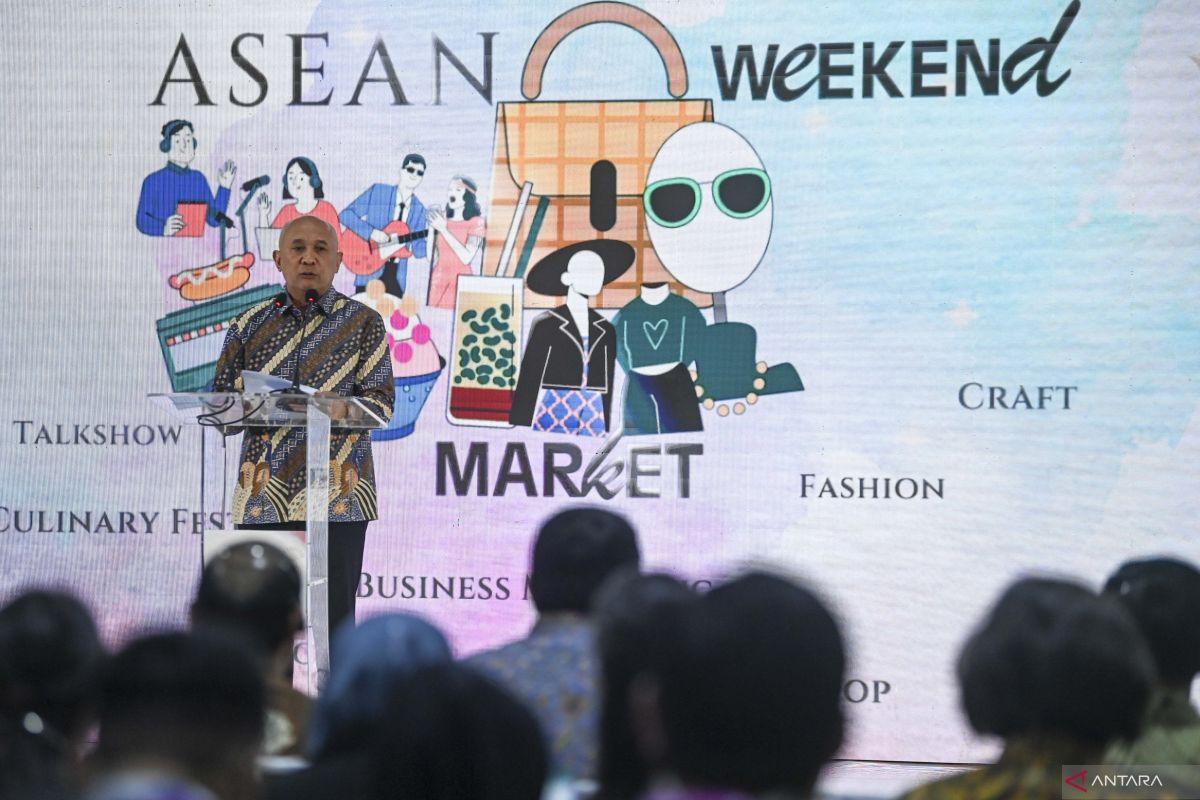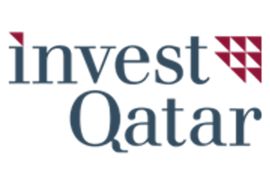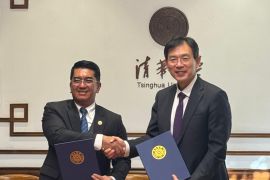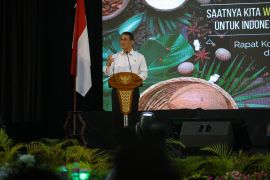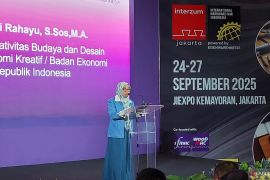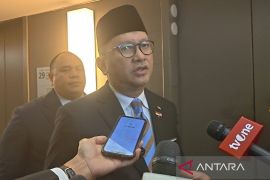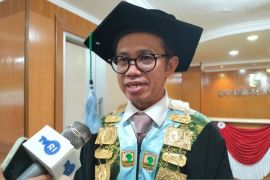"In the global context, ASEAN should dare to claim itself to be the global hub of agriculture and aquaculture production. Indonesia, as the largest country in ASEAN, is 'very awaited' to lead in these two sectors," he stated at the ASEAN Weekend Market held in Senayan here on Friday.
Masduki remarked that the region is not only rich in creative products, such as fashion, culinary, and crafts, but it is also strong in agriculture and aquaculture or fisheries products.
In 2019, ASEAN's fisheries products accounted for 21.9 percent of the world's total fisheries' production, and the figure is projected to increase by over five percent in 2025.
Meanwhile, ASEAN countries, especially Indonesia, Vietnam, and Thailand, contributed 16.5 percent to the world's exports of shrimp.
"Not only in fisheries, but ASEAN is also the hub of tropical fruit and agriculture production. Pineapples, for example, account for around 27 percent of the world's pineapple production," he remarked.
He reminded that in becoming the global hub of agriculture and aquaculture, the ASEAN faces challenges in providing a business ecosystem that facilitates micro and small enterprises to grow and upgrade through co-operatives and supply chain partnerships.
"This is where ASEAN is strategic as a platform to strengthen the ecosystem of co-operatives and micro, small, and medium enterprises (MSMEs) in ASEAN," he remarked.
Masduki expressed belief that the ASEAN needs to strengthen its leading economies, such as agriculture and aquaculture, to increase its capability to face global pressures, such as the WTO that rejected Indonesia's policy of banning the export of raw minerals.
Related news: President Jokowi reviews 43rd ASEAN Summit venue in Jakarta
Related news: TNI-Polri chiefs check their security readiness to secure ASEAN Summit
Related news: Minister confirms JCC renovation for 43rd ASEAN Summit is complete
Translator: Kuntum R, Kenzu
Editor: Sri Haryati
Copyright © ANTARA 2023
